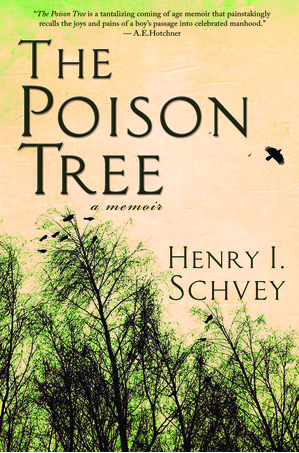Share the post "To Heck with the Hook"
by Jennifer A. Has heider
heider
The climax is the part everyone anticipates… I giggled when I first heard this advice in grade school. I had only a vague notion of what a climax was, and it didn’t seem to belong in the friendly monster tale I’d concocted.
Much time has passed, and the climax, while still needed and anticipated, seems trumped in importance by the hook. Today it’s not unusual to hear, “You must hook the reader on the first three pages… one page… first paragraph… first sentence… before they even know you are writing a book.” Yes, the last one is a bit of an exaggeration.
The popular hook is supposed to be the intense, witty, sometimes foreboding or catchy first line or few lines of a book that makes a reader magically want to stick around for more. I’ve heard it said that nowadays the first line is how a book is chosen. Really? The first line and that’s it? I find this appalling. Of course, I am a reader who refuses to give up on a book once I’ve committed to reading it simply because I know how hard the author worked.
I see work from writers with varied experience levels.Often, I find their hook difficult to read,probably as difficult as it must have been for the author to come up with the horrid phrasing. These “hooks” aren’t hooks. It seems writers become worried about grabbing their audience and turn the opening lines of their story into something unpalatable. It comes out overformal, unnatural, overworked and sometimes stilted.
If it happens naturally because of your mad hook-writing skills it’ll be terrific. When happening naturally,it’s born from your writing and voice. It’s part of the flow and ebb of the piece.
My advice is to throw out the notion that you must have a hook. Instead, relax. Simply try dropping your reader into action. This doesn’t mean an intense car chase scene. Even when your characters are doing nothing, they are doing something. Show us.Don’t try so hard to force a hook. Give your readers some credit. Write in your best voice throughout the piece and your audience- the ones who will read your first line and enjoy it because it is well written and flows with the rest of the piece-will find you.
Jennifer Hasheider is a writer in St. Peters, Missouri. She volunteers her free time encouraging others at Saturday Writers, a Chapter of the Missouri Writers Guild. www.saturdaywriters.orgwww.jenniferahasheider.com.



